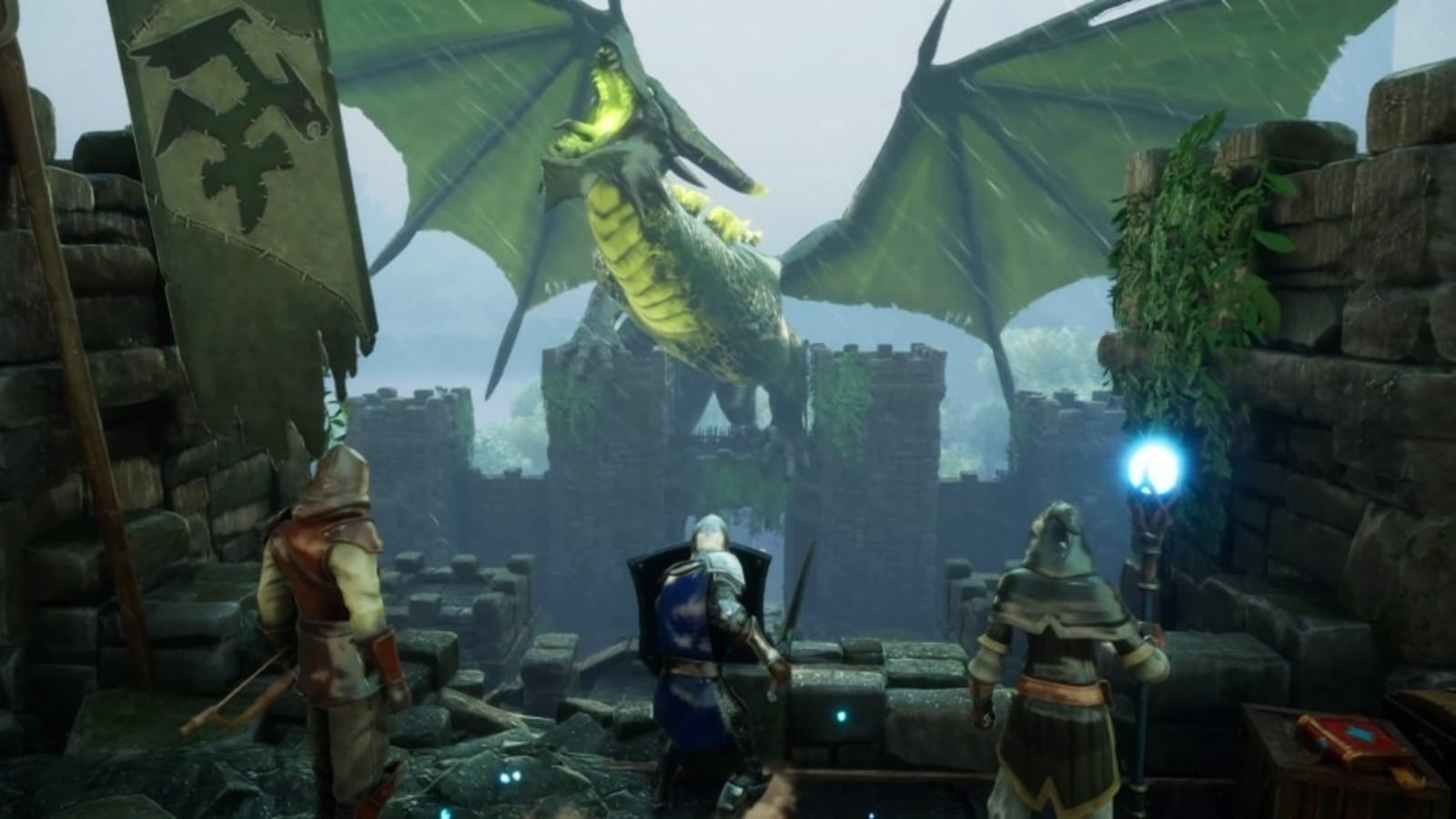An expert committee advising the Food and Drug Administration voted unanimously on Tuesday to recommend Moderna’s coronavirus vaccine for use in children and adolescents ages 6 to 17. The vote was an important step toward an emergency use authorization.
The F.D.A. will probably follow the panel’s advice, as it has done consistently during the pandemic, and grant the authorization in the next few days. But the step may have little immediate impact, since Pfizer-BioNTech’s vaccine has been available for that age group shots since last year. So far, Moderna’s shots have been authorized in the United States only for use in adults.
The same committee took up a more pressing question on Wednesday: whether to recommend the Moderna and Pfizer-BioNTech vaccines for the nation’s youngest children, who are not now eligible for any coronavirus vaccine. The panel voted yes on both vaccines.
Because of the unmet need, both the F.D.A. and the Centers for Disease Control and Prevention will give decisions on young children priority over moving ahead on Moderna shots for older children and teenagers, officials familiar with the planning said.
The panel’s meeting on Tuesday focused in part on the medical and social consequences of Covid-19 for about 50 million children and teenagers.
When Moderna first applied a year ago to extend use of its vaccine to adolescents 12 to 17, federal officials who were concerned about possible links to myocarditis, a rare heart condition, put off the decision. Those concerns have since subsided after further research and real-world data, the company says now, and federal health officials have repeatedly addressed that side effect in the expert panel’s sessions.
The recommendation on Tuesday was to use two full-size doses in adolescents, just as adults are given, and to use two half-size doses in children 6 to 11.

























